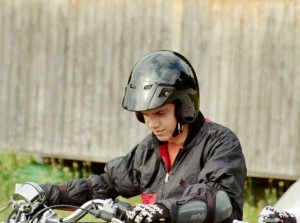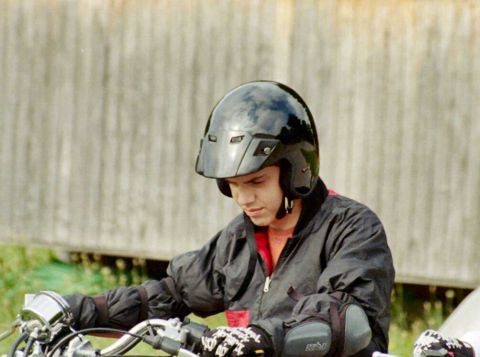All cases of head injuries are considered serious since they can damage the brain and cause loss of responsiveness. The severity of an injury depends on how the individual struck his/her head and how hard the impact was.
Head injuries can damage the brain tissue or blood vessels inside the skull or even break the skull. The drainage of clear fluid from the nose or ear along with a worsening level of response indicates a serious injury.
What are the possible outcomes?
- Concussion – involves a brief period of unresponsiveness where the individual appears confused followed by full recovery
- Cerebral compression – a significant blow to the head can result to bleeding or inflammation within the skull that compresses the brain.
- Spinal injury – an individual with a head injury might also have a spinal injury
- Skull fracture – a wound on the head is an indication that there is deep damage inside the head such as a break in the skull
What should I look out for?

If an individual is suspected with head injuries, there are vital factors that you should watch out for:
- Scalp wound
- Brief loss of responsiveness
- Headache
- Dizziness or nausea
- Loss of memory of events before or during the injury
- Confusion
In severe cases of head injuries, you should watch out for the following:
- Unequal pupil size
- Diminished level of response
- Drainage of blood or watery fluid from the nose or ear
- Loss of responsiveness
Management of head injuries
Allow the individual to sit down and place an ice pack against the injury. Care for any scalp wounds by controlling the bleeding. This is done by applying direct pressure on the wound.
Check the level of awareness with the AVPU scale.
- Alert – is the individual alert, eyes open or responds to questions?
- Voice – does the individual responds to voice or provide answers to simple questions and responds to instructions?
- Pain – does the individual respond to pain or does he/she moves or open the eyes if pinched?
- Unresponsive – does the individual respond to questions or a gentle stroke?
Disclaimer / More Information
The information posted on this page on head injuries is for learning and educational purposes only. To learn to properly manage head injuries, register for first aid training at one of our training centers located throughout Canada. The training centers are in Edmonton, Calgary, Vancouver, Kelowna, Surrey, Winnipeg, Toronto, Ottawa and Halifax.

